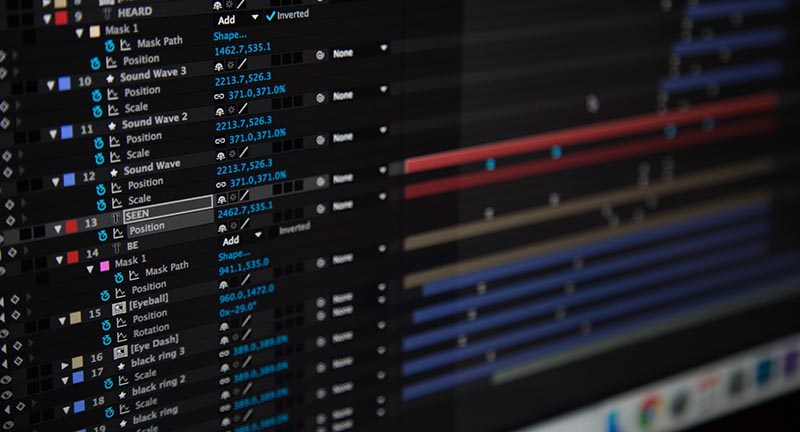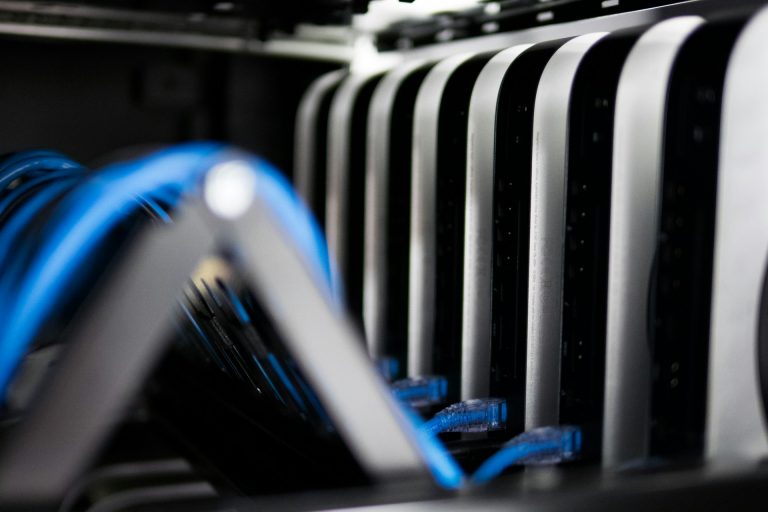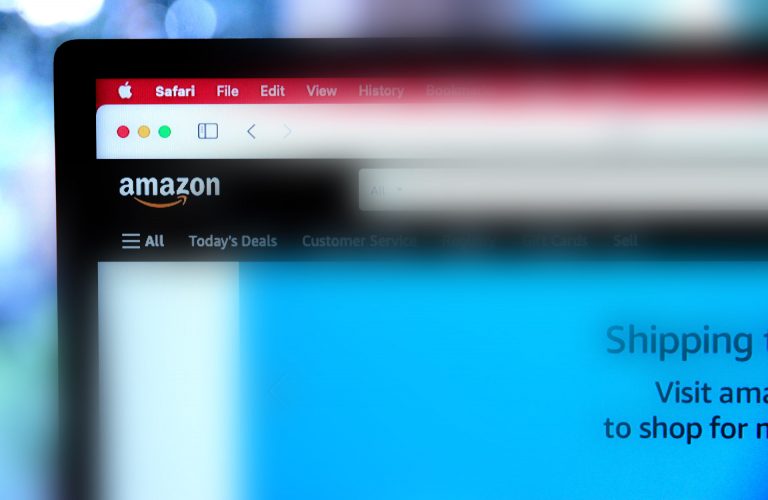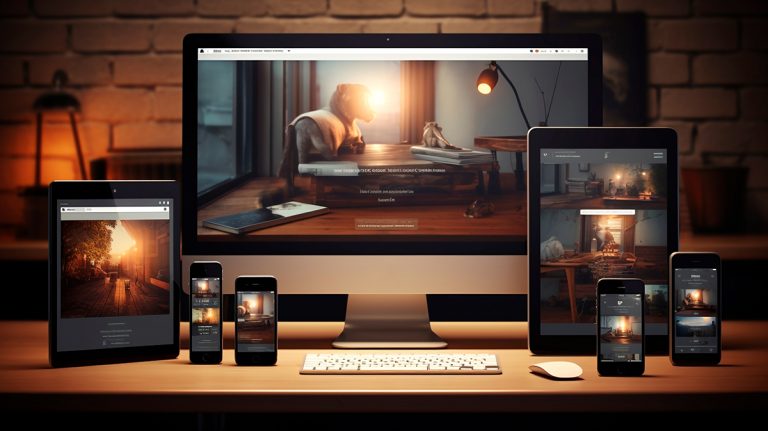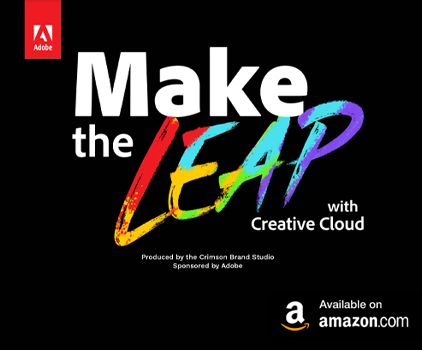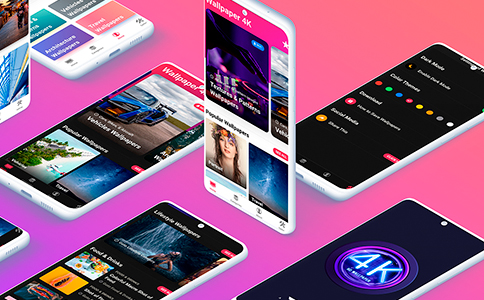The terms big data and business intelligence tend to be associated with the biggest and most innovative companies. In reality, more than half of companies currently use or plan to use big data. More so, those companies include long-running businesses in traditional industries.
Kroger is a great example. The grocery store chain has been in business for more than 130 years and become America’s leading grocer. Kroger is undeniably successful, but few observers would call it forward thinking. That perception only makes the company’s ambitious big data initiatives even more impressive. Kroger, like all others in the grocery industry, recognizes that disruption is coming.
More urgently, competition in the industry is heating up as major retailers like Amazon wade into the grocery space. Even an industry-leader like Kroger understands it’s approaching an “evolve or die” scenario. Admirably, they have chosen to not just evolve, but to blaze the trail for others in the industry.
In a recently-released plan, Kroger outlined four ways it will utilize a retail analytics platform to revolutionize how groceries are bought and sold:
Delivering a Personal Experience to Shoppers
Kroger collects tremendous amounts of data about individual shoppers every time they visit a store. The company intends to leverage this data to provide shoppers with a more personalized and relevant experience. Kroger plans to use this data to offer recommendations, offer special pricing, adjust inventory, and craft unique marketing copy.
Making the Store a High-Tech Space
Staffing costs are huge in grocery stores. And even with a full crew, it’s possible to overlook messes or empty shelves. Kroger plans to implement connected devices throughout its stores to collect information when employees can’t. That information will be used to speed up self-checkout, learn about shopper behaviors, support the needs of staff, and develop partnerships with advertisers and vendors.
Increasing the Focus on Mobile
Stores like Kroger are adapting to the omnichannel – an approach to retail sales that focuses on physical, digital, and hybrid channels all at once. Mobile devices play a crucial role because they provide digital access on the go. Kroger has had success on mobile and plans to redouble its efforts. Mobile devices allow for expanded data collection while also giving the retailer a means to distribute personalized offers while a shopper is in the store.
Maximizing Revenue from Each Customer
Grocery chains thrive by cultivating loyal customers, not one-time purchases. But there is a lot of competition in the grocery industry, and consumers are compelled by price. Rather than trying to extract the largest amount of revenue from customers in the least amount of time, Kroger is using data to offer targeted price adjustments. Basically, customers are enticed by low prices on items they like, come to Kroger more often, then spend extra on other things. Kroger is at the forefront of a data-driven approach to maximizing the lifetime value of every grocery consumer.
Kroger’s ambition is undeniable. And whether their initiatives work is not really the point. What matters is that they’re trying something new in an industry that is overdue for innovation. In some form, big data is the future of retail, grocery or otherwise.


